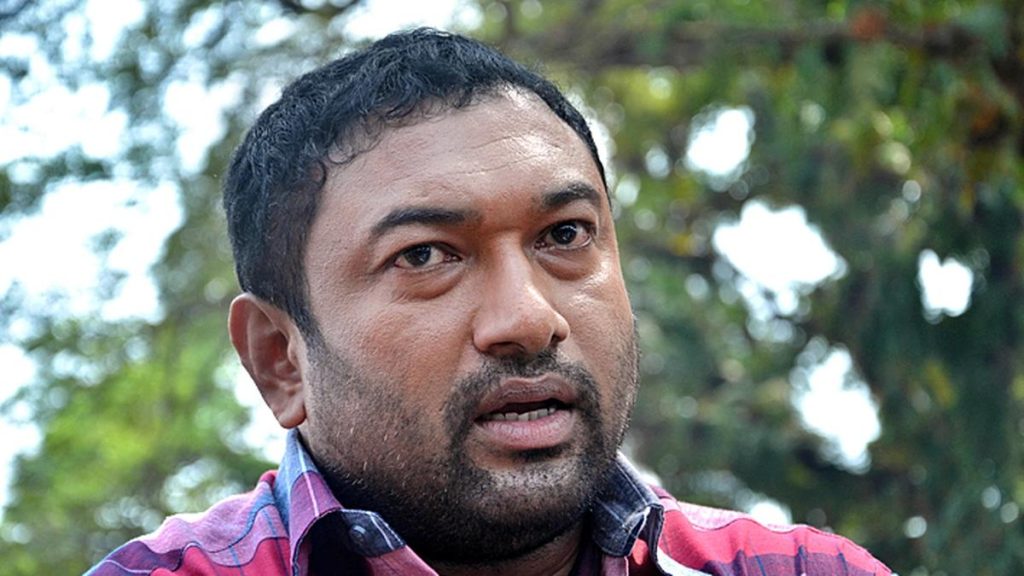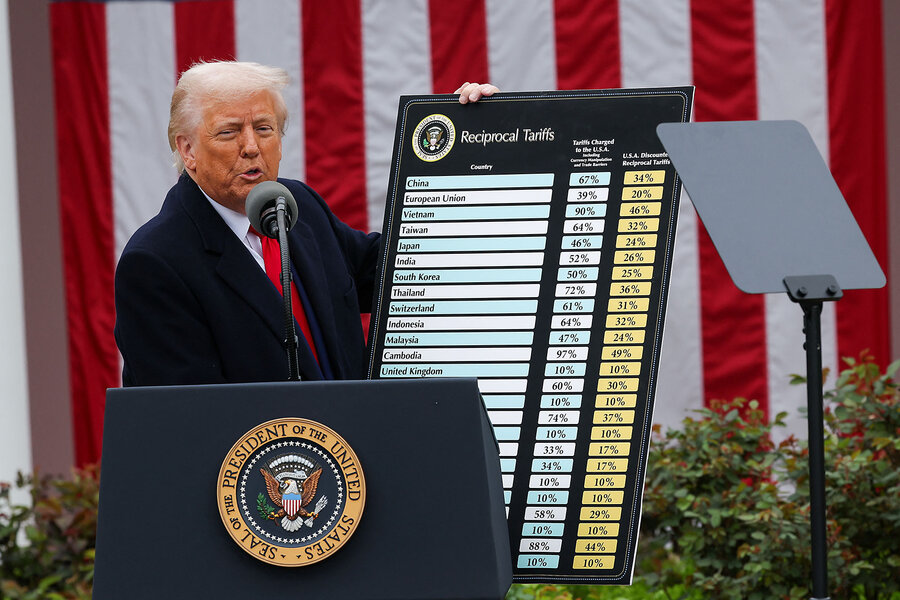Now Reading: Rising Deportations: What Rights Do Immigrants Have?
-
01
Rising Deportations: What Rights Do Immigrants Have?
Rising Deportations: What Rights Do Immigrants Have?

Quick Summary
- The Trump management has invoked the Alien Enemies Act of 1798 to deport immigrants accused of terrorism and gang links, sparking controversy over individual rights.
- Deportations under this authority face legal challenges from groups like the ACLU, which argue that individuals have been removed without due process, including advance notice or an prospect to contest claims.
- Immigrants are legally entitled to due process under U.S. law per the Constitution’s 5th and 14th Amendments. However, rights vary depending on immigration status and whether cases involve criminal or civil proceedings.
- Expedited removal laws allow for rapid deportation without access to an immigration judge unless asylum is sought. Legal experts warn against expanding its scope too broadly as it bypasses normal procedural protections.
- There are concerns over administrative errors in deportation cases; one Salvadoran man was mistakenly removed despite having legal protection against deportation.
Images:
- 1200×800″>Photo showing Mark Fleming speaking at a press conference regarding unlawful arrests.
- Protesters demanding due process rights outside an immigration court hearing.
Indian Opinion Analysis
The use of wartime executive powers by the Trump administration raises significant questions about the balance between national security priorities and adherence to constitutional safeguards like access to due process.While it is constitutionally established that all “persons,” not just citizens, retain certain procedural protections under U.S. law – these safeguards appear heavily tested in this context.
India might observe valuable lessons from this debate for its own evolving policies around border security and migration enforcement. With a growing immigrant population, both within its borders and among non-citizens seeking refuge (e.g., Rohingya refugees), India’s policymakers confront similar tensions between ensuring national security while preserving foundational legal principles such as judicial oversight in detention or removal actions.
The emerging patterns-such as expedited removals-which bypass customary court hearings could also serve as cautionary models for any future legislative changes India may consider concerning undocumented migrants or foreign residents suspected of criminal activity. Ensuring procedural fairness alongside robust vetting mechanisms would remain critical tools for maintaining public trust while safeguarding human rights frameworks domestically.
Moreover, India’s foreign policy approach toward diaspora advocacy might be enriched by further examining global precedents like administrative errors impacting innocent individuals’ fundamental liberties-a recurring issue spotlighted here.
Ultimately, neutrality toward rule-of-law principles should guide measures balancing homeland security with equitable treatment across demographics.




























